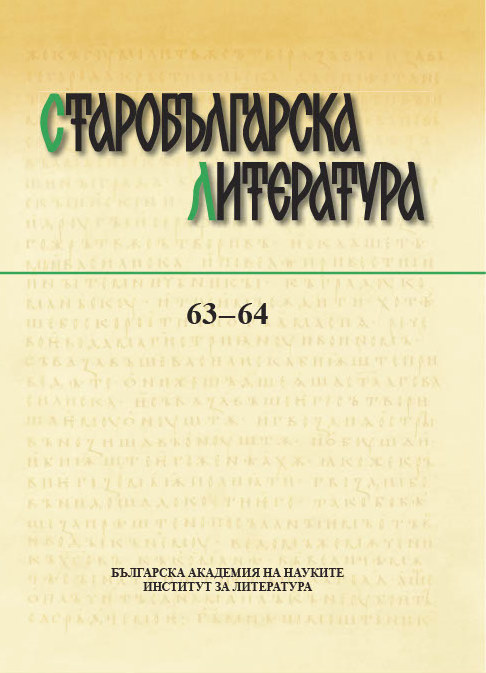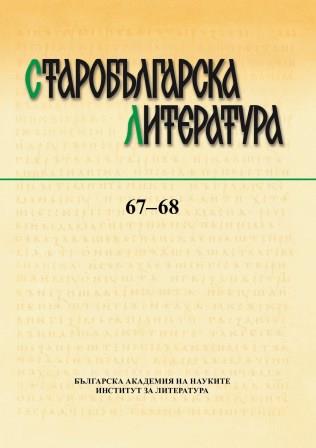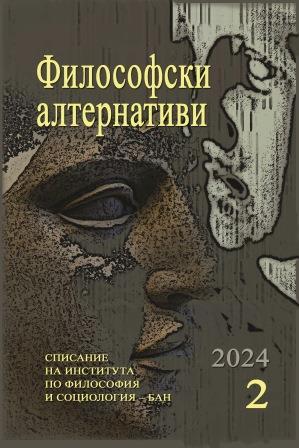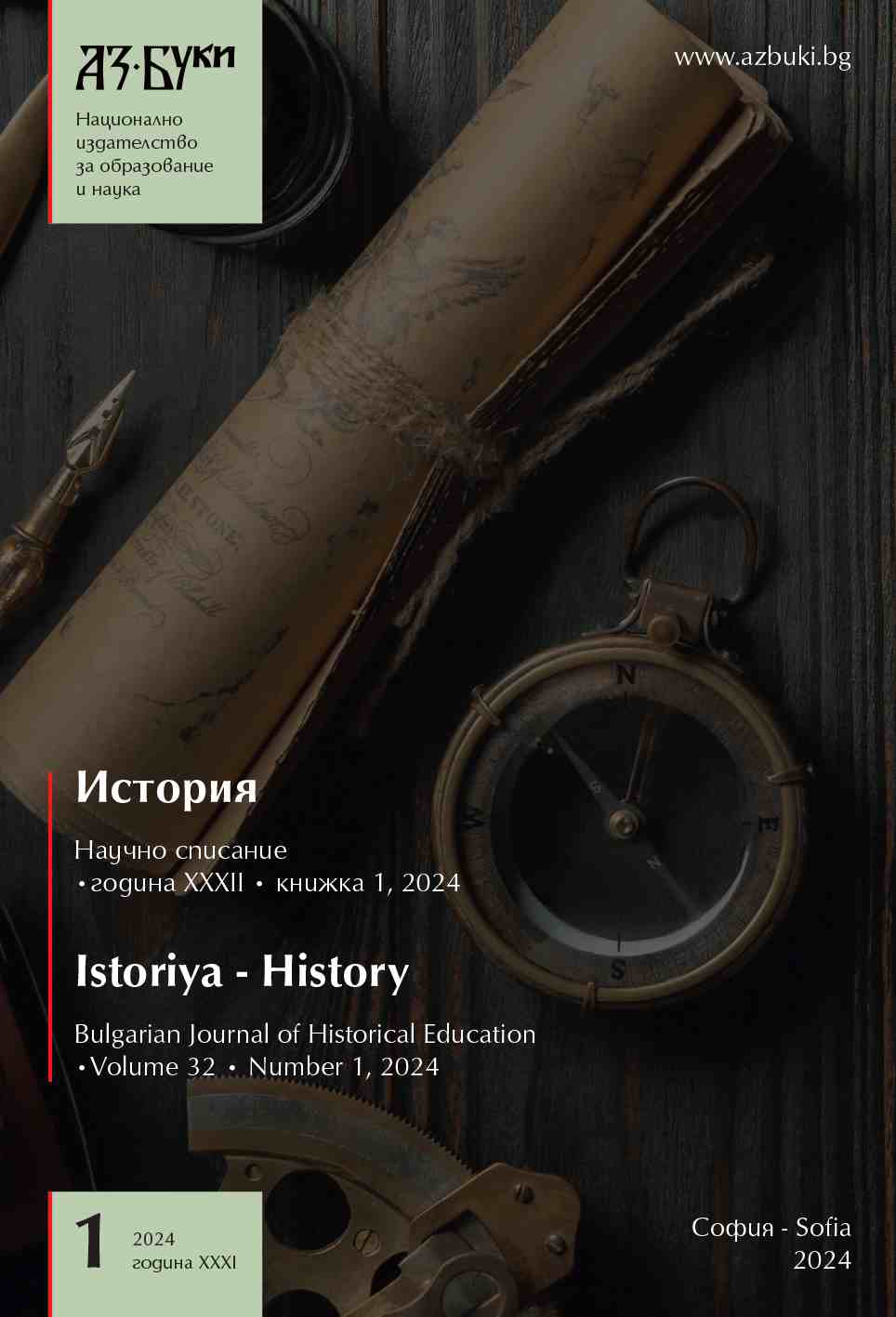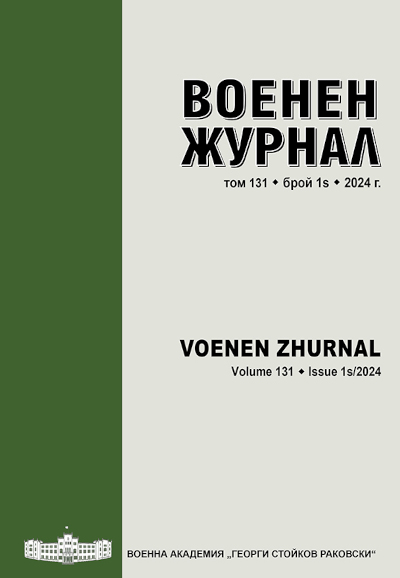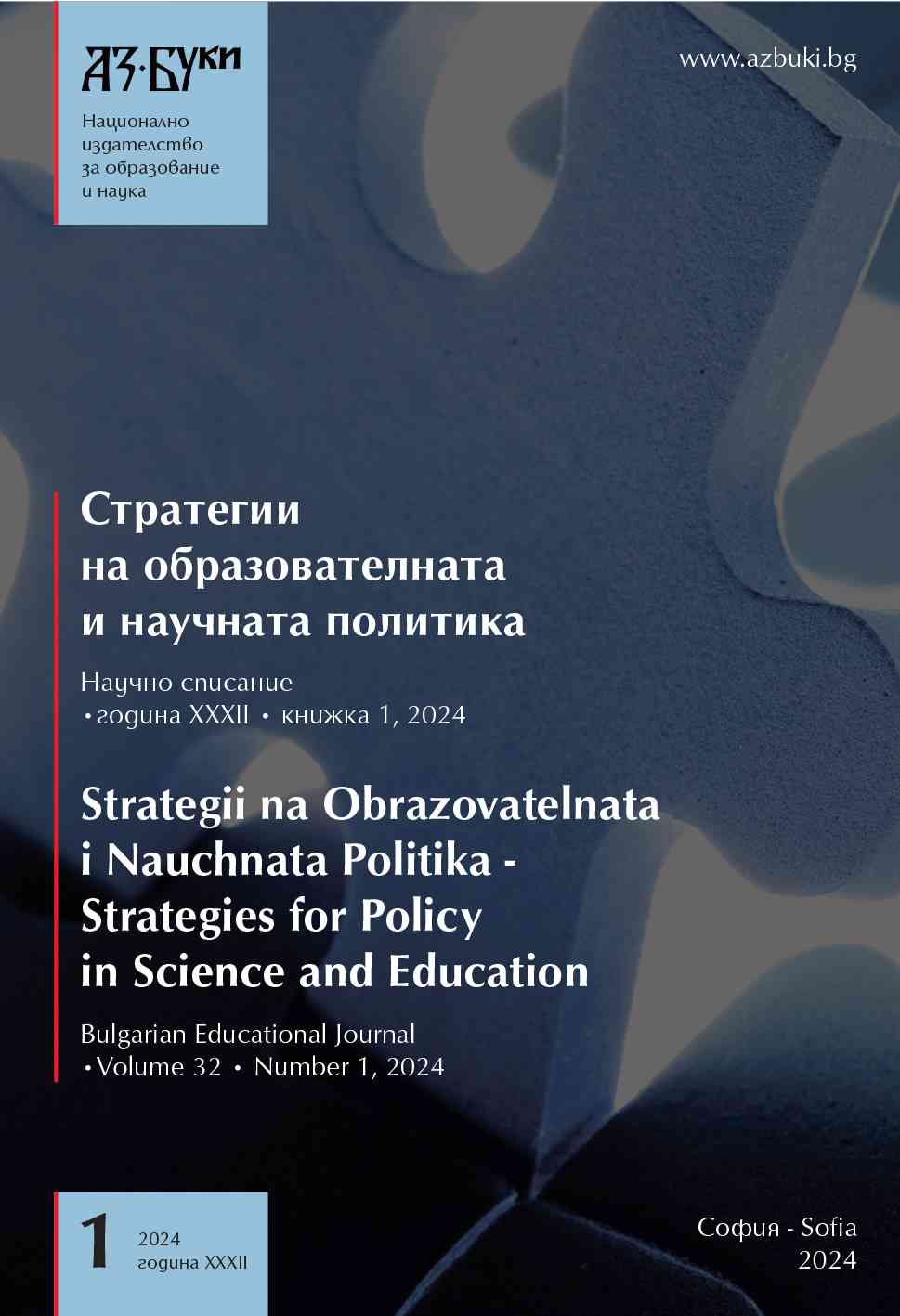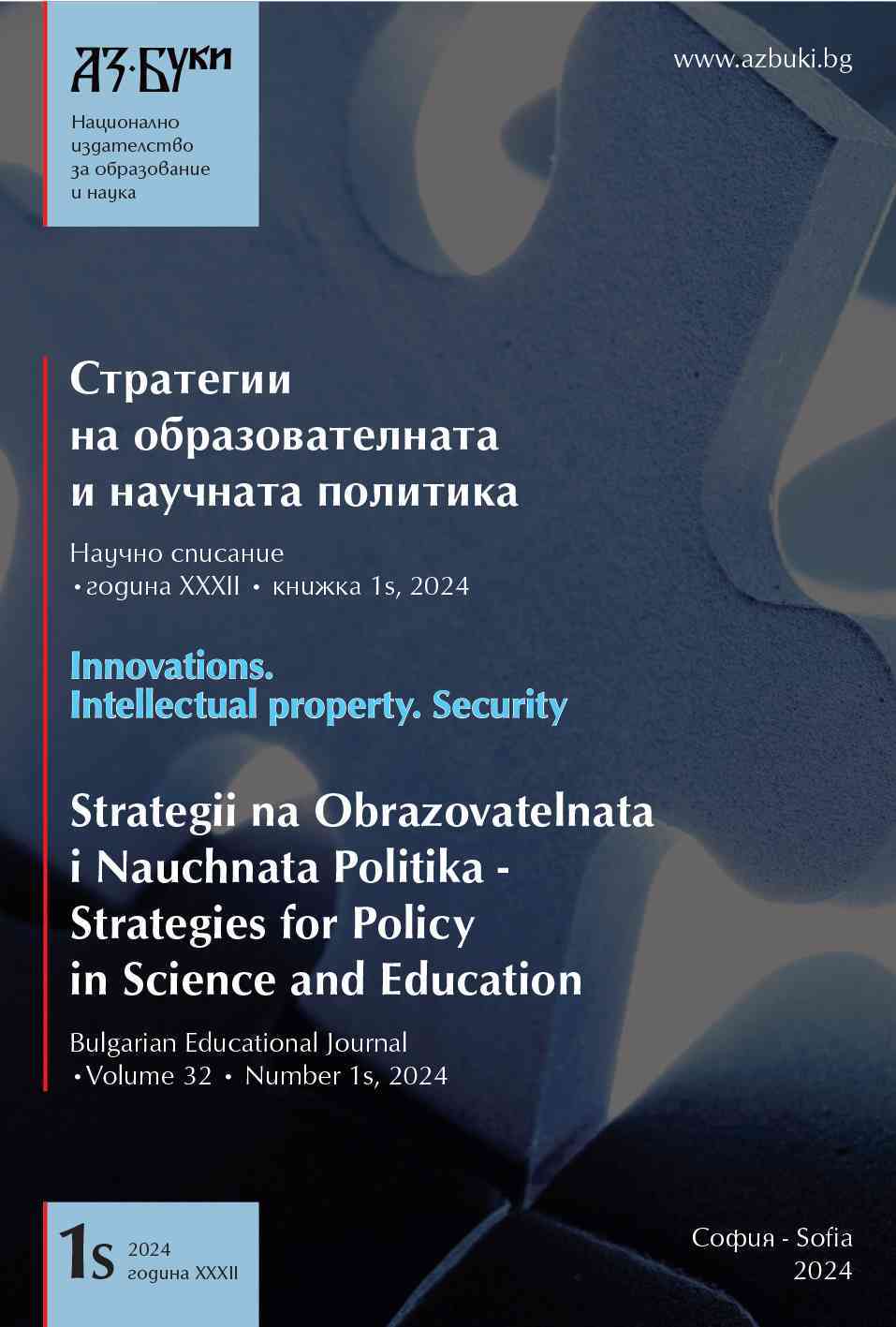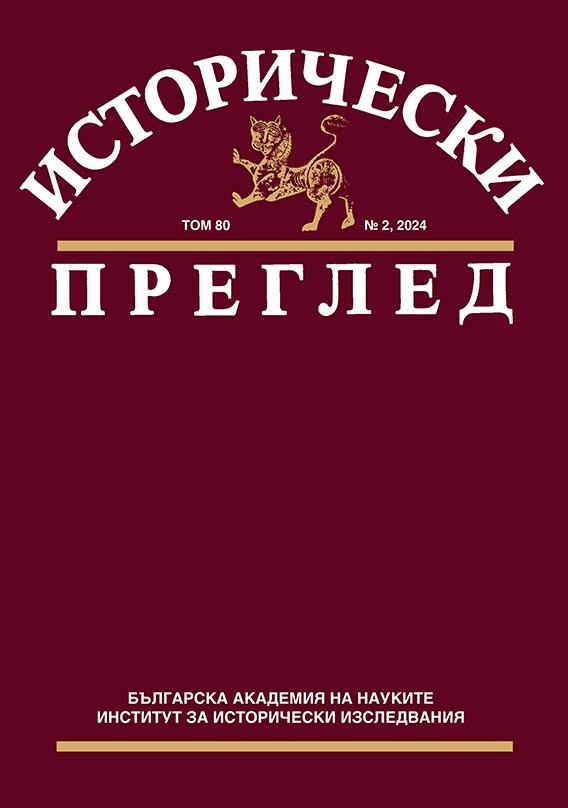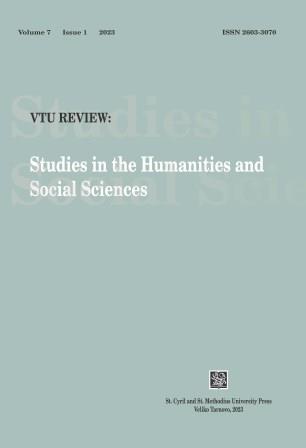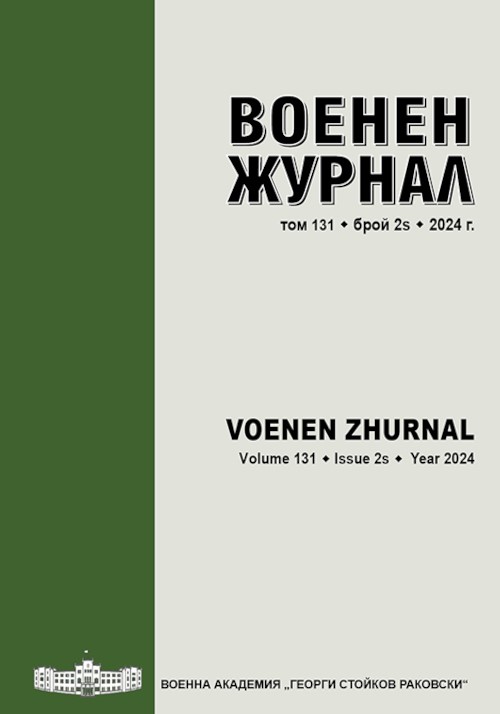Author(s): Iskra Hristova Shomova / Language(s): Old Church Slavonic,Greek, Ancient (to 1453),Bulgarian
Issue: 67-68/2023
St Andrew of Crete’s Canon for the Nativity of St John the Baptist in Tone Four is a polymelodic composition. The odes are composed of two or three troparia which follow different heirmoi. This canon has an early Old Bulgarian translation, which went through several revisions. The article provides a comparison of nine Slavonic copies of this canon, whereby four Slavonic redactions can be distinguished. The first redaction is represented in the Dragota Menaion, the Sinai Menaion and the Ohrid Menaion. In this redaction, the second ode is missing and the odes consist of four troparia each. The second redaction is represented in the Menaion of Dobrian, the Menaion of Dragan, the Palauzov Menaion and Menaion Khludov 166 (kept in the State Historical Museum in Moscow). The second ode was added in this redaction, and so were several troparia (from three to five) in each ode. The third redaction is represented in the East Slavic menaia Sin 895, kept in the State Historical Museum in Moscow, and Sof 206, kept in the Russian National Library in St Petersburg. It is based on the second redaction, but does not contain the second ode. In this redaction, the texts of the troparia are revised and the sixth, seventh and ninth odes are composed of troparia which are different from those in the South Slavic menaia and follow different heirmoi. The fourth redaction is represented in Manuscript No. 2/8 from the Rila Monastery and in all new-redaction menaia (i.e., menaia structured according to the Jerusalem typikon and composed mainly during and after the fourteenth century in Tarnovo or on Mount Athos), including printed Church Slavonic menaia which are used in liturgy to this day. In it the second ode is missing, and the third, fourth, sixth, seventh and eighth odes are composed of troparia which are different from those in the old-redaction menaia (structured according to the old Studite typikon and composed before the fourteenth century) and follow different heirmoi. The text of the first and fifth odes is based on the second redaction, with some revisions.
More...
